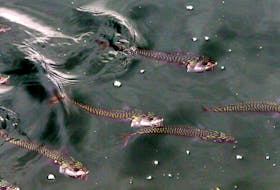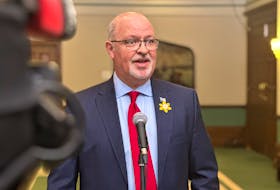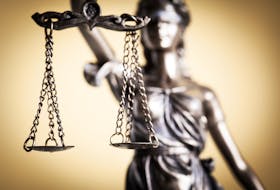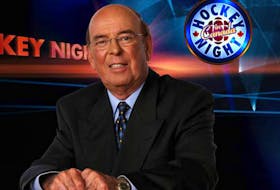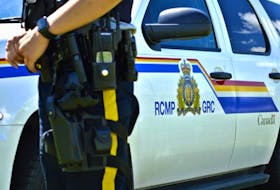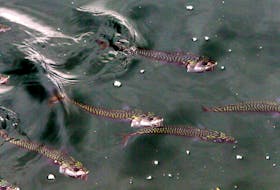ST. JOHN'S, N.L. — Progressive Conservative Leader Ches Crosbie’s call for a referendum on equalization has echoes of the recent Alberta election, where new premier Jason Kenney also called for such a referendum on his path to victory.
Equalization payments from the federal government can be a complicated issue, but one of the key calculations has to do with natural resource revenues. A high portion of such revenues (which include oil and gas, mining and hydroelectric revenues) compared to the total revenue of a province dictates where equalization will go.
Offshore oil and gas revenues in the projected 2019-20 Newfoundland and Labrador budget foresee just under $1.1 billion in offshore oil and gas revenues, which make up about 13 per cent of the total revenue of the province.

This province will not see any money under the existing equalization formula, while Quebec will see the largest chunk of the $20 billion in equalization payments available — $13 billion.
Crosbie says a positive result in a referendum on equalization would force negotiations with the federal government
“If you have a referendum on a constitutional matter – and equalization is that – and it’s a clear question, with a clear majority answer, then the federal government must negotiate,” said Crosbie.
“I would hope not to actually have to use a referendum. It may be that the serious intent to have a referendum would be enough to bring the federal government to talk seriously about reforming equalization. That may well be enough.”
Gains to be made
Trevor Tombe, an associate economics professor at the University of Calgary, followed Kenney’s call for a referendum closely. Tombe says while Alberta’s call for a referendum would actually not improve equalization for that province, this province could gain from new negotiations.
“Those resource revenues, that’s the reason Newfoundland and Labrador does not receive equalization payments. If we were to ignore the resource revenues completely, and recalculate equalization based on non-resource revenues, then Newfoundland and Labrador would be receiving about $316 million (in 2019),” said Tombe.
“The complaints about equalization in Alberta are largely incoherent because there doesn’t exist a way to re-jig the formula in reasonable ways such that Alberta would receive any equalization dollars whatsoever.”
Tombe points to high non-resource revenues in that province as the reason.
While Newfoundland and Labrador has money to gain from examining the equalization formula, a referendum on the matter in this province would do nothing to open up more avenues to renegotiate the equalization formula, Tombe says.
“The reference point was speaking specifically about Quebec secession. To read it more broadly than that may not be entirely fair,” said Tombe.
“But even if the referendum would require formal constitutional negotiations to begin, that’s solving a problem that doesn’t exist. There are regular discussions and conversations between federal and provincial governments around equalization all the time.”
Federal and provincial ministers met in December 2018 to talk about the issue. The most recent decision to keep the equalization formula the same was made in July 2018. The formula will remain the same until 2024.
Twitter: @DavidMaherNL
RELATED


